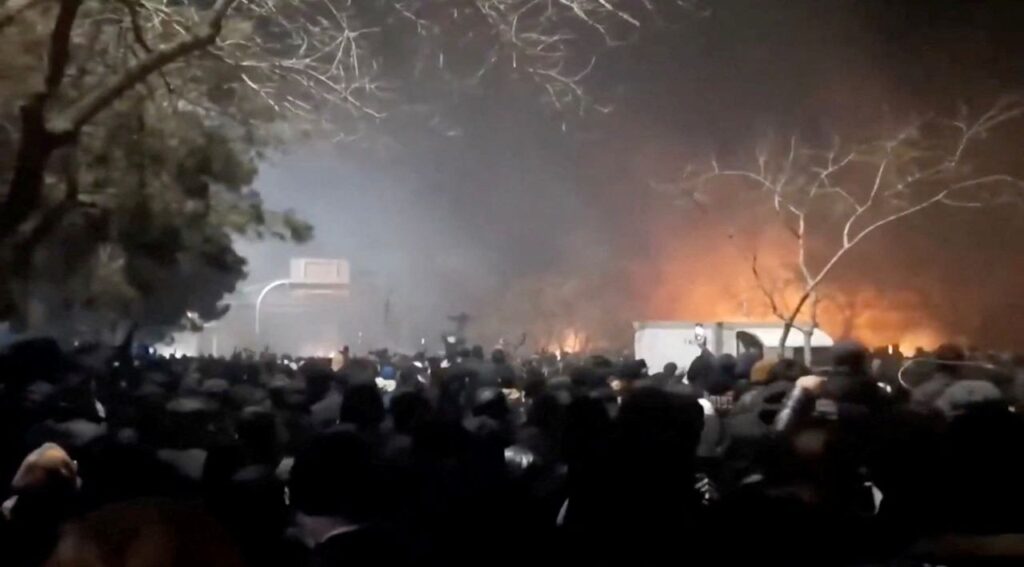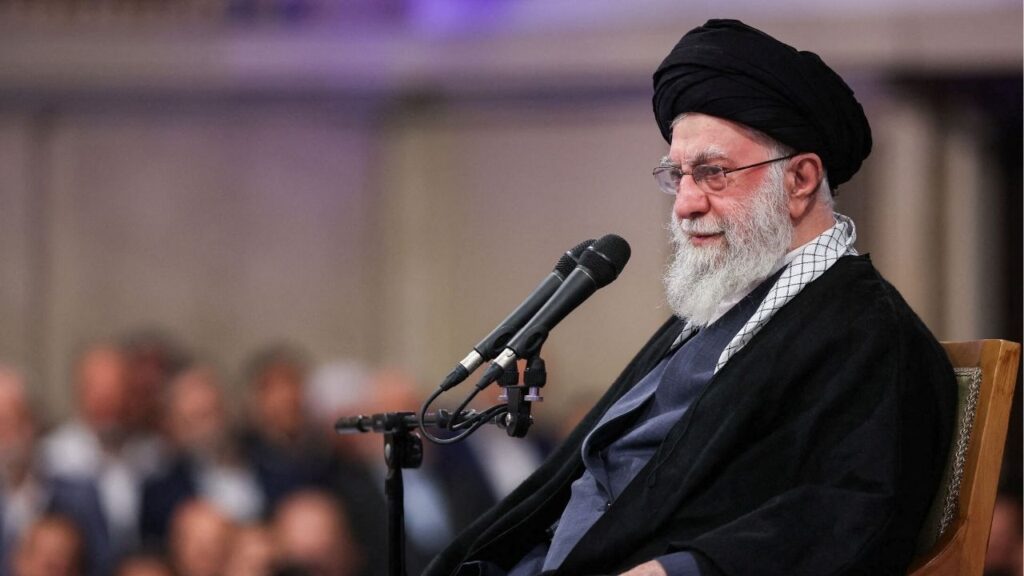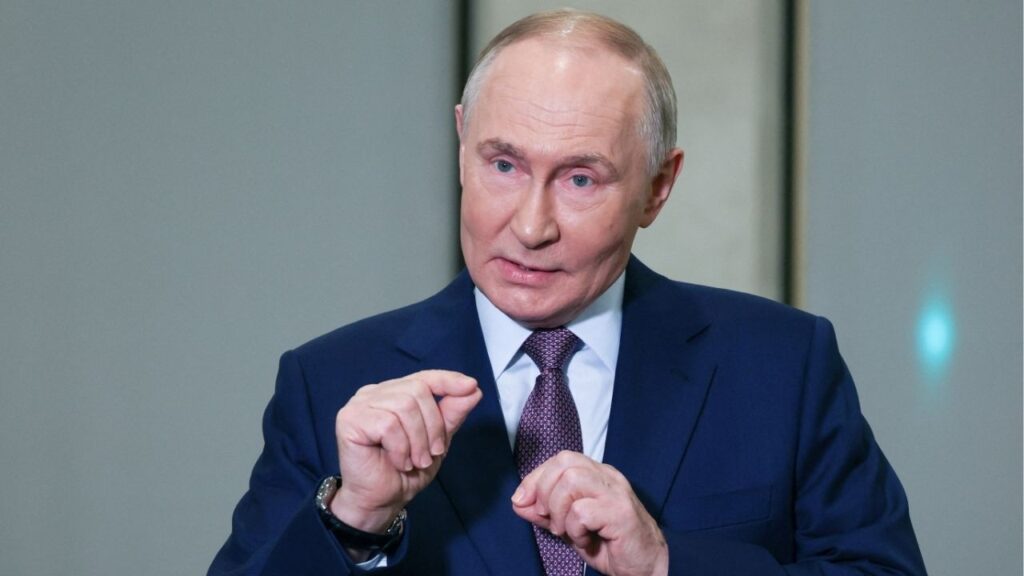California's Supreme Court faces pivotal decisions on the initiative process, potentially reshaping the balance between direct democracy and legislative authority. (AP/Martin Novitski)

- The 2017 Upland ruling has led to numerous tax increases in California.
- Anti-tax groups are pushing for a ballot measure to restore constitutional restrictions on taxation.
- Gov. Newsom is leading a counter-backlash against this proposed measure.
Share
|
Getting your Trinity Audio player ready...
|
Seven years ago, California’s Supreme Court declared broad support for the historic right of voters to make law through the initiative process.

Dan Walters
CalMatters
Opinion
Ruling in a case dubbed “Upland,” the court said that while governments are subject to voter-approved constitutional restraints on raising taxes, tax increases proposed via initiative need only simple majority votes for enactment. But the decision embraced much more than taxation.
Ever since the 2017 Upland ruling, California has seen a flurry of tax increases placed on the ballot via initiative, many sponsored by public employee unions. Needing only simple majority approval, the vast majority passed. In 2020 the Supreme Court explicitly upheld their validity by refusing to consider challenges to them.
The Backlash and Counter-Backlash
Inevitably, there was a backlash. California Business Roundtable and anti-tax groups such as the Howard Jarvis Taxpayers Association are sponsoring a November ballot measure that would impose or restore state constitution restrictions on taxation. Among other things, it would overturn the Upland decision by requiring local taxes to garner two-thirds voter approval, even if proposed via initiative.
Gov. Gavin Newsom and legislative leaders are leading a counter-backlash, asking the Supreme Court to declare the measure a constitutional revision rather than a constitutional amendment, and thus, legally cannot be proposed by the initiative process.
Related Story: California Advances Legislation Cracking Down on Stolen Goods Resellers and ...
Fundamentally, the case poses the same underlying issue as the Upland case: What, if any, constraints should be placed on using the initiative process to make changes in law – even the state Constitution?
The issue was repeatedly mentioned in several forms, particularly by Justice Goodwin Liu, during oral arguments earlier this month. At one point, Liu pondered whether giving voters more authority over state taxes would create a fourth branch of government.
“Doesn’t this measure essentially shift us from a republican form of government far more strongly towards a direct democracy, given how fundamental the taxing power is?” Liu asked.
The Supreme Court has until June 27 to declare whether the Business Roundtable measure will appear on the ballot, or is a constitutional revision that cannot be proposed by initiative.
Other Pending Supreme Court Cases
It is, however, not the only pending Supreme Court case over use of the initiative process. This week, the court heard oral arguments over Proposition 22, the 2020 ballot measure, sponsored by Uber, Lyft and other companies, to exempt themselves from Assembly Bill 5, a highly contentious 2019 state law aimed at strictly limiting or prohibiting the use of contract workers.
Prop. 22 opponents contend that, by allowing “gig” workers, the measure unconstitutionally undermines the Legislature’s authority over workers’ compensation, the state’s system of supporting employees who suffer job-related illnesses and injuries.
Justice Liu once again mused over the limits, if any, on use of the initiative process, saying there is “still ambiguity there.”
Related Story: California Health Sciences University Celebrates Inaugural Doctors Graduation ...
“Does that mean voters cannot act in this field (workers’ compensation) whatsoever,” Liu asked lawyers for both sides.
Given the leftward leanings of the Legislature, business interests are increasingly using the initiative process to counter what they regard as regulatory overreach and burdensome taxes and fees.
Decisions on the two pending cases will reveal whether the court continues to endorse fairly unfettered use of the process, as it did in the Upland case, or tighten restrictions on how its employed.
About the Author
Dan Walters has been a journalist for nearly 60 years, spending all but a few of those years working for California newspapers. He began his professional career in 1960, at age 16, at the Humboldt Times. CalMatters is a public interest journalism venture committed to explaining how California’s state Capitol works and why it matters. For more columns by Dan Walters, go to calmatters.org/commentary.
Make Your Voice Heard
GV Wire encourages vigorous debate from people and organizations on local, state, and national issues. Submit your op-ed to bmcewen@gvwire.com for consideration.



















